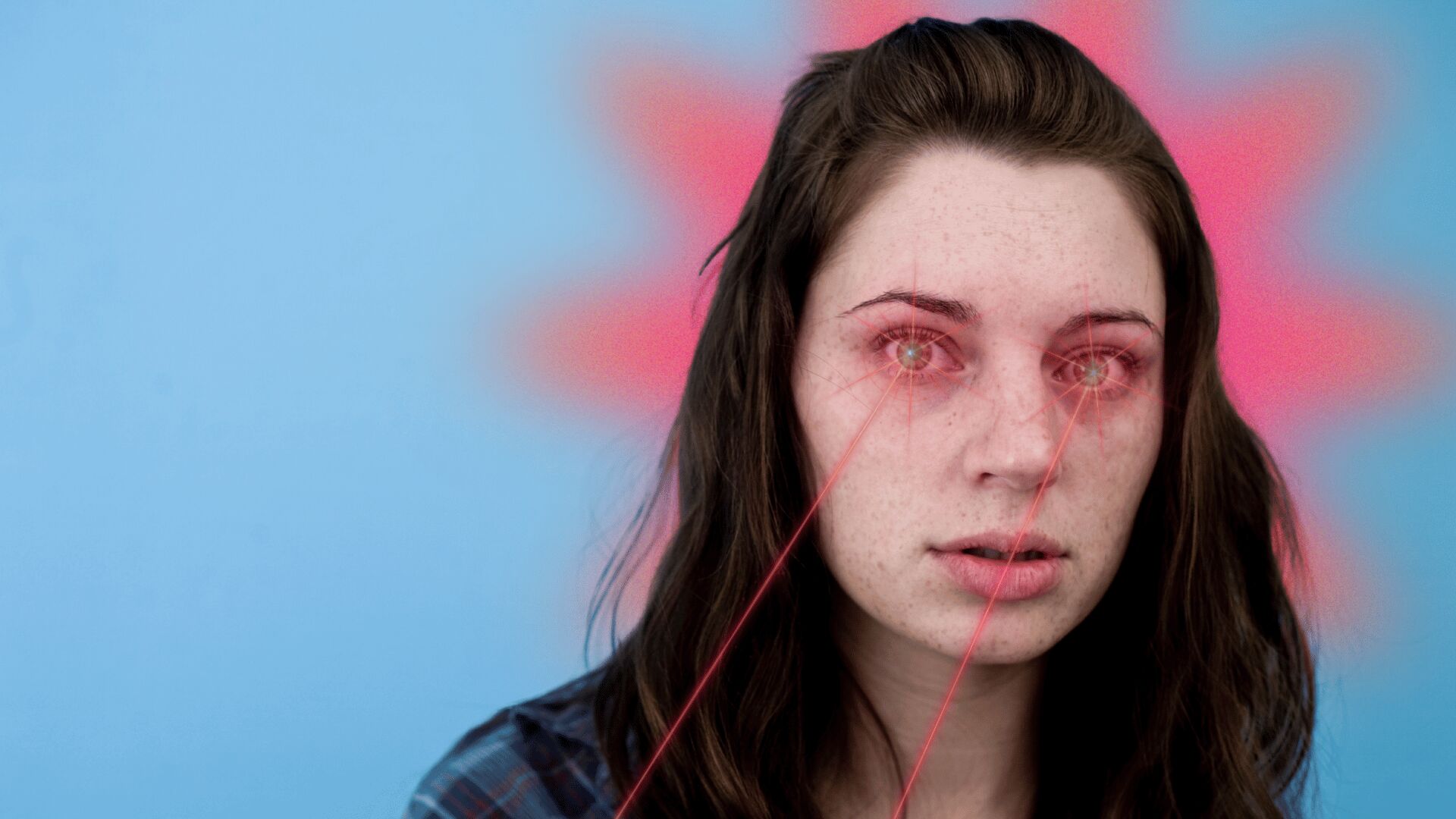Can confirm: The Gen-Z Stare is an actual thing

I was reading a story on the MotherCorp about a facial expression called The Gen-Z Stare.
To be fair, it’s more of a lack of facial expression, and it’s one I’ve seen on my Gen-Z kid’s face at least 100,000 times in her 17-year life.
It goes like this: You ask them a question, and they don’t respond. Instead, they blankly stare at you, off into the distance, or in my kid’s case, at one of our cats.
The stare means one of two things. 1. They think you’re an idiot (probable) or 2. They’re trying to craft the perfect answer (more probable).
According to the CBC, the phrase has gone viral in recent days because it represents so many things: dealing with the isolation of a pandemic during a critical growth stage; near-constant anxiety, especially eco-anxiety; and an appalling lack of small-talk skills.
My kid is looking for a summer job, but she has been reluctant about applying to jobs where she would need to be on the front lines of customer service. Despite being eloquent, smart and kind, talking to strangers makes her anxious.
Let me rephrase: She can talk to strangers online just fine (despite our collective attempts all her life to tell her to NEVER, EVER DO THAT), but talking face-to-face is harder.
(Talking voice-to-voice is even worse. She has ridiculously bad telephone skills, mainly because when she doesn’t know what to say, she stops talking. And stares.)
Now, we’ve all got our dead-eyed stares.
My sister, a Millennial, has a stare the family calls Jenna’s Stare of Death, because when she does it to you, it perfectly embodies the phrase “if looks could kill.”
But for Gen-Z, it appears to be a default mode. When you’re used to texting the perfect reply, it can be overwhelming to come up with off-the-cuff responses.
Next viral Tik-Tok trend: Explainer videos on how to make small talk.

